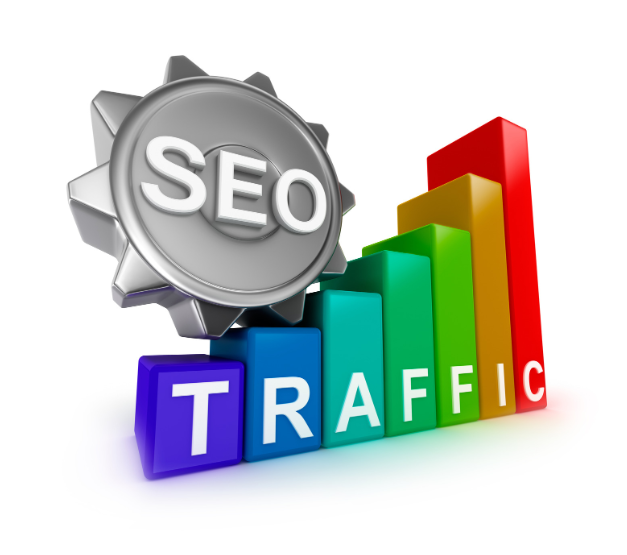In today’s digital landscape, Google Search Ads have emerged as a powerful tool for businesses seeking to enhance their online presence and drive valuable traffic to their websites. These ads offer a direct pathway to potential customers actively searching for products or services, presenting a significant opportunity for maximizing return on investment (ROI). In this blog post, we’ll delve into effective strategies for optimizing Google Search Ads campaigns to ensure maximum ROI.
I. Understanding Google Search Ads:
Google Search Ads are paid advertisements displayed within Google’s search engine results pages (SERPs) when users enter relevant search queries. These ads operate on a pay-per-click (PPC) model, where advertisers bid on keywords related to their offerings. The ad placement is determined through a real-time auction process, considering factors like bid amount, ad quality, and relevance to the user’s search query.
II. Setting Clear Goals:
Before launching a Google Search Ads campaign, it’s crucial to establish clear and measurable goals. Whether your objective is to increase website traffic, generate leads, or drive sales, defining specific goals will guide your campaign strategy and help measure success accurately.
III. Conducting Keyword Research:
Effective keyword research lays the foundation for a successful Google Search Ads campaign. By identifying relevant keywords and search queries that align with your target audience’s intent, you can optimize your ad targeting and maximize visibility.
IV. Crafting Compelling Ad Copy:
Compelling ad copy is essential for capturing users’ attention and encouraging clicks. Tailor your headlines and ad descriptions to resonate with your audience’s needs and highlight the unique value proposition of your offerings.
V. Optimizing Landing Pages:
A seamless transition from ad to landing page is critical for converting clicks into actions. Optimize your landing pages to align with your ad messaging, provide relevant information, and facilitate user engagement through clear calls-to-action (CTAs).
VI. Monitoring and Adjusting Campaigns:
Continuous monitoring and optimization are key to maximizing ROI with Google Search Ads. Track key performance indicators (KPIs) such as click-through rate (CTR), conversion rate, and return on ad spend (ROAS), and make data-driven adjustments to improve campaign performance.
VII. A/B Testing and Experimentation:
A/B testing allows you to experiment with different ad elements and strategies to identify what resonates best with your audience. Test variations in ad copy, landing page design, and bidding strategies to refine your approach and maximize results.
VIII. Budgeting and Bidding Strategies:
Strategic budget allocation and bidding are crucial for achieving optimal ROI. Consider your business objectives, competition, and target audience behavior when determining your budget and bidding strategy, aiming to strike a balance between competitiveness and profitability.
IX. Adapting to Algorithm Changes and Trends:
Stay abreast of Google’s algorithm updates and industry trends to adapt your Google Search Ads strategy accordingly. Flexibility and agility are key to navigating shifts in consumer behavior and maintaining campaign effectiveness over time.
Takeaway
Maximizing ROI with Google Search Ads requires a combination of strategic planning, continuous optimization, and adaptability to evolving trends. By setting clear goals, conducting thorough research, crafting compelling ad copy, and monitoring campaign performance closely, businesses can unlock the full potential of their Google Search Ads investment and drive sustainable growth.
In a nutshell, Google Search Ads are the driving force behind online visibility. Secure your spot at the top with Web Boost Online, the unrivaled expert in maximizing your online potential.











